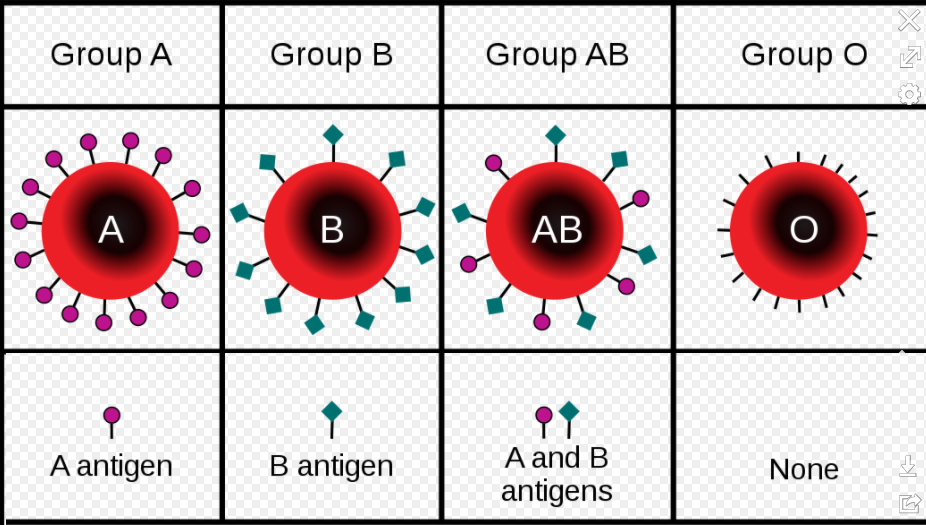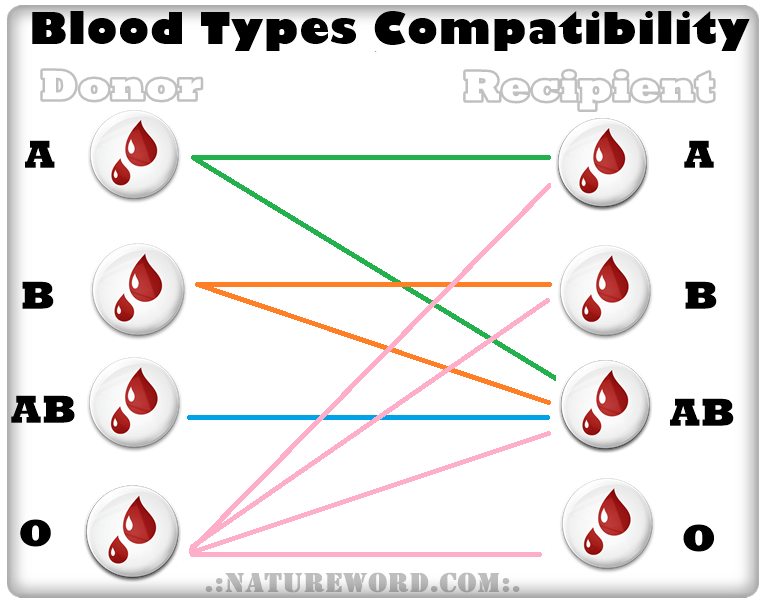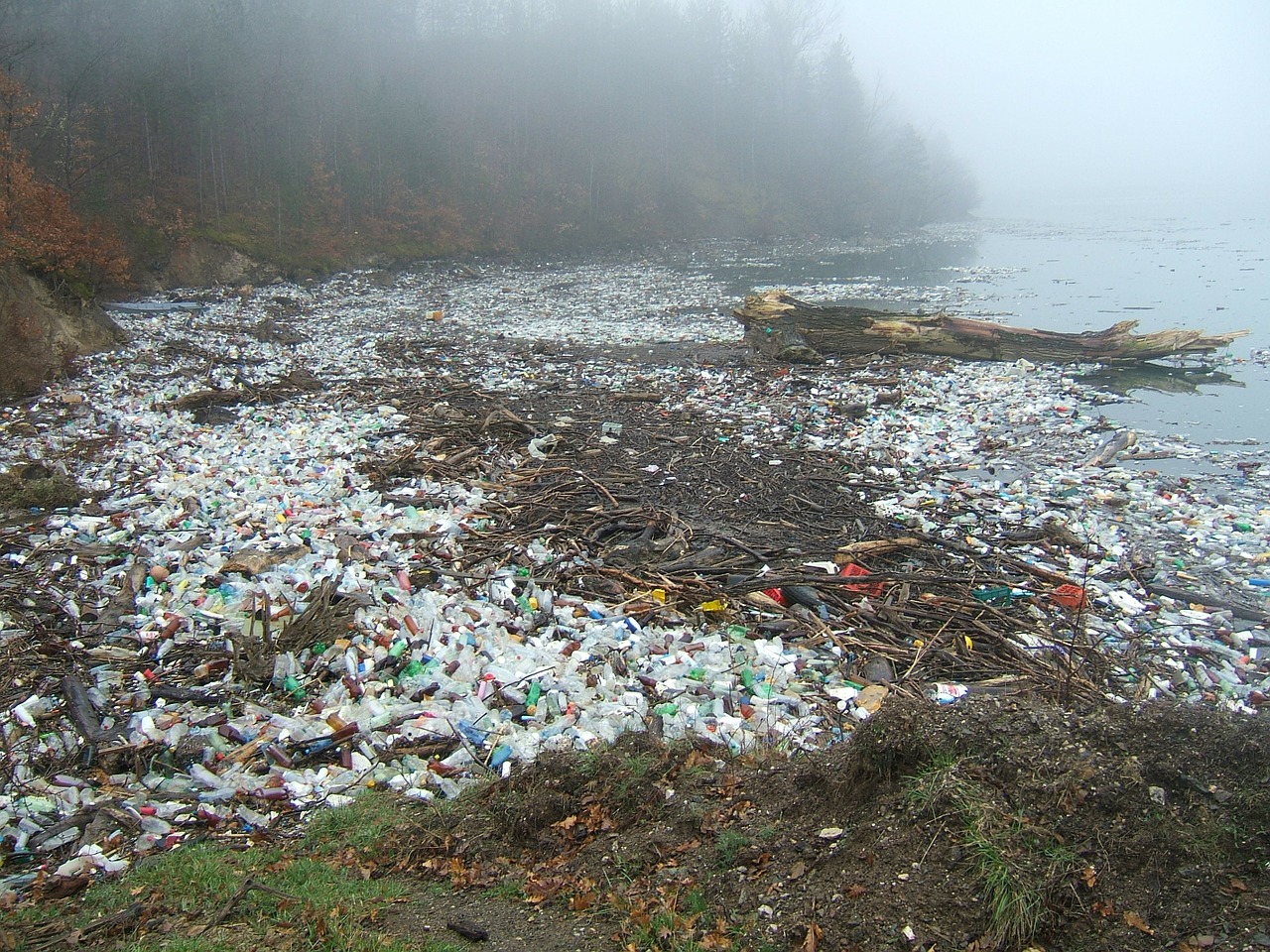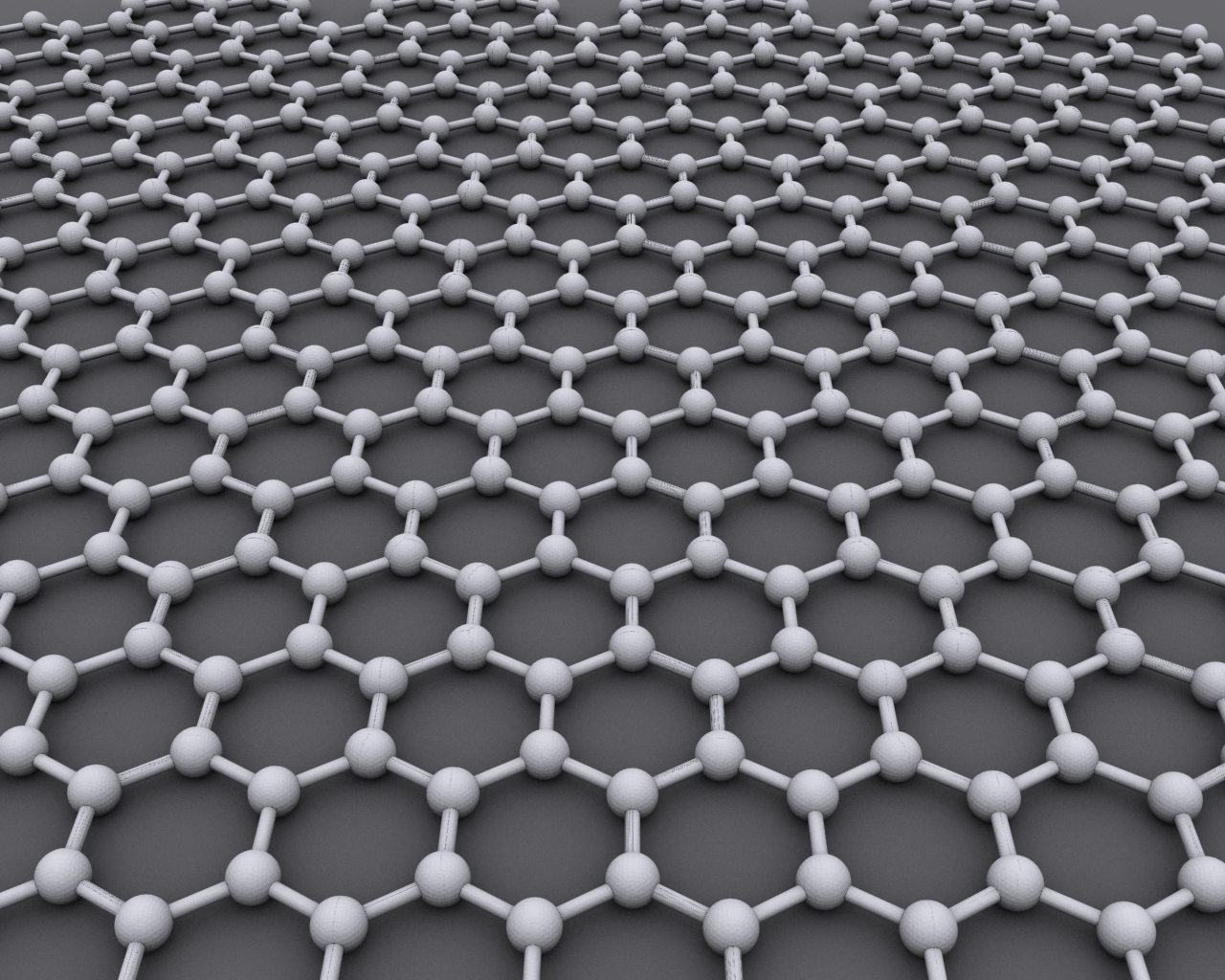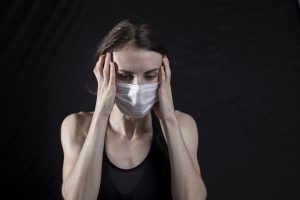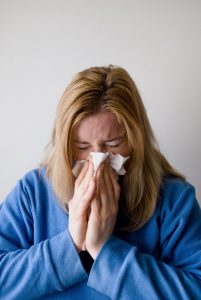
Image: Mojca J / Pixabay
The common cold is never any fun to deal with, however it might also provide you with some protection from COVID-19, a recent study suggests.
Research from infectious disease experts at the University of Rochester Medical Center have also suggested that people who have had COVID-19 may be immune to it for a long time, possibly even for the rest of their lives.
What’s the foundation?
Even though the virus that causes COVID-19 (SARS-CoV-2) is relatively new, it falls under a category of beta coronaviruses that cause about 15-20% of common colds.
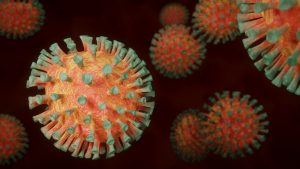
Image: Daniel Roberts / Pixabay
When you catch a cold, your body fights against the virus through your immune system. However, as your body does this, the immune system “remembers” the virus for the future. This is so the next time that virus enters your system, your immune system will be able to fight back even faster.

Video: How immunity defenders work against COVID-19
The evidence
The study focused on memory B cells — immune cells that can last for decades. Since memory B cells can survive for decades, they could protect COVID-19 survivors from future infections for a long time, but further research is needed to confirm this.
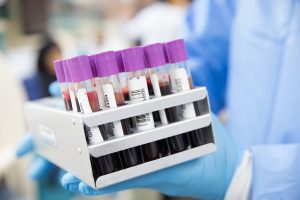
Image: Ahmad Ardity / Pixabay
The researchers compared blood samples from 26 people who were recovering from mild to moderate COVID-19 symptoms and 21 healthy people who had their samples collected 6-10 years ago — long before they could be exposed to COVID-19.
The study found that B cells from the immune system that attacked previous cold-causing coronaviruses seemed to also recognize the coronavirus (SARS-CoV-2) that causes COVID-19 as a result of memory B cells being activated.
“When we looked at blood samples from people who were recovering from COVID-19, it looked like many of them had a pre-existing pool of memory B cells that could recognize SARS-CoV-2 and rapidly produce antibodies that could attack it,” said study authour Mark Sangster.
The study authors believe this could mean that anyone who has ever been infected by a common coronavirus — which is almost everyone, may have some amount of immunity to COVID-19.
What’s for the future?
The researchers will “now we need to see if having this pool of pre-existing memory B cells correlates with milder symptoms and shorter disease course — or if it helps boost the effectiveness of COVID-19 vaccines,” said study co-authour David Topham.
More information
The Government of Canada has more information and resources regarding COVID-19 .
– Amrit Jagpal

